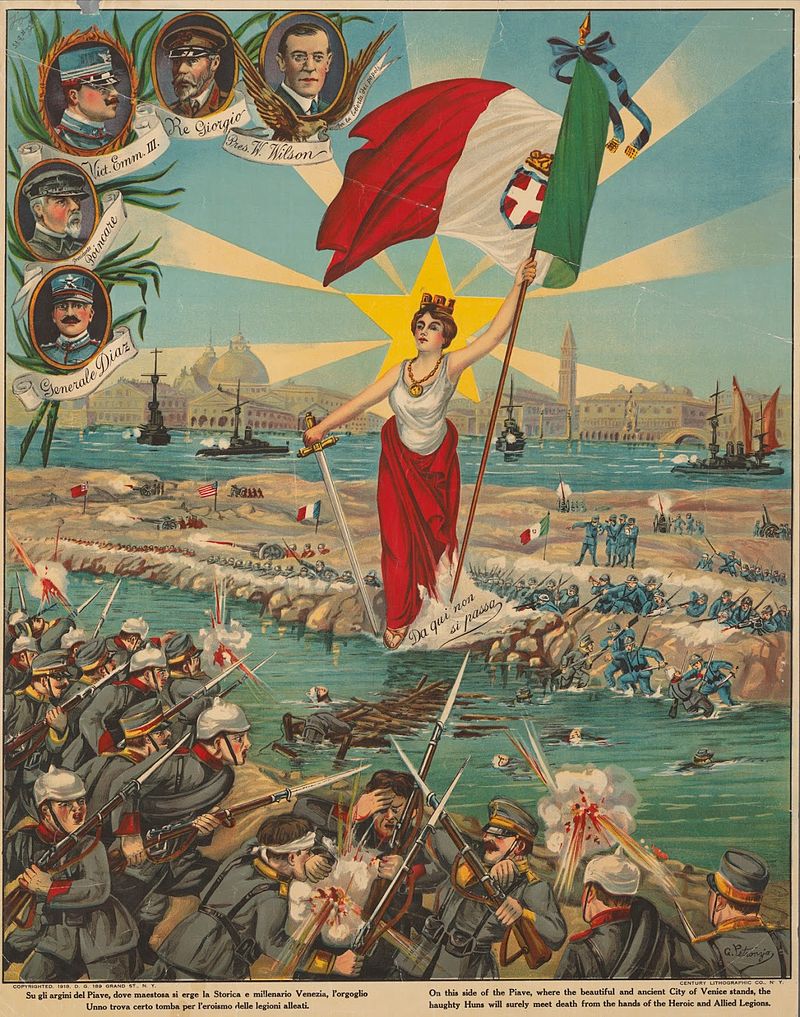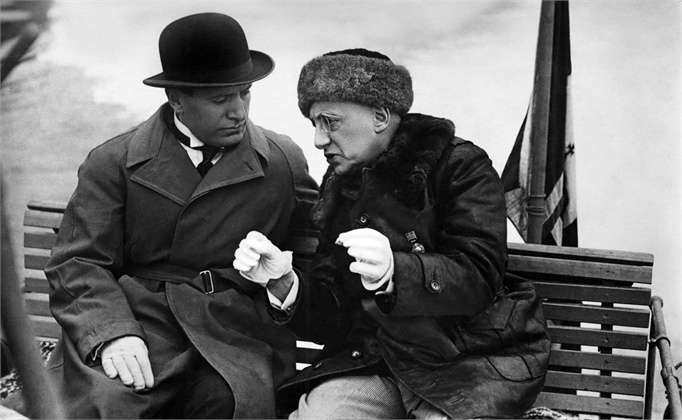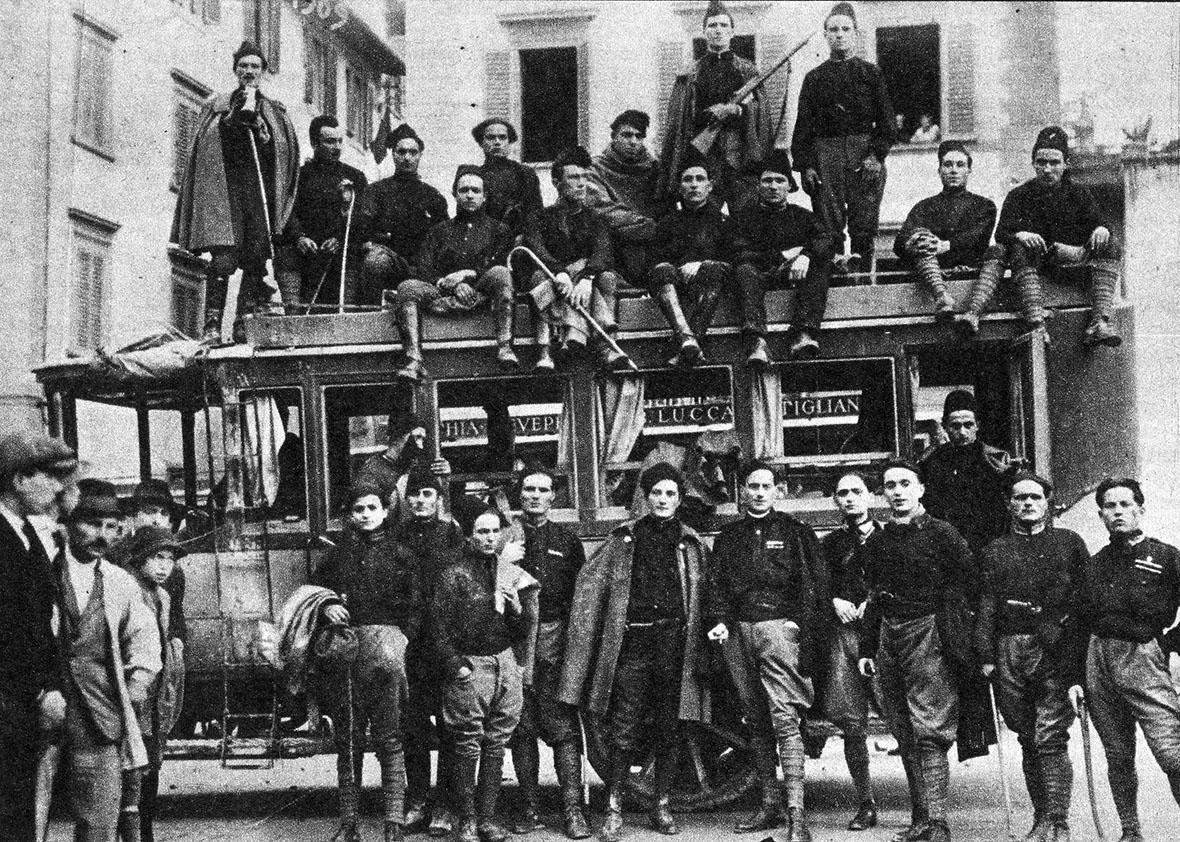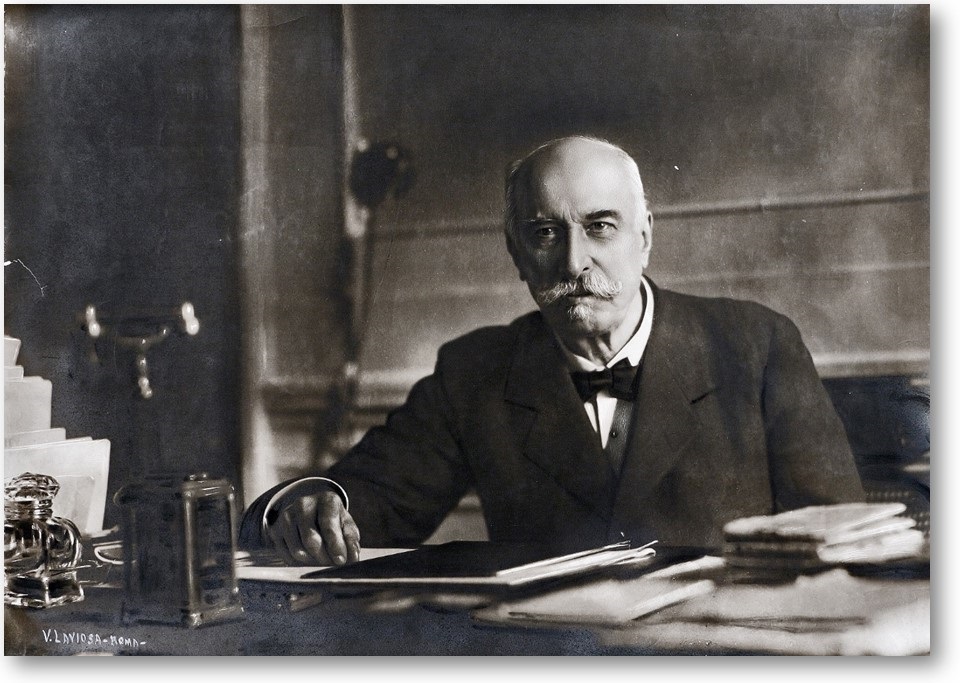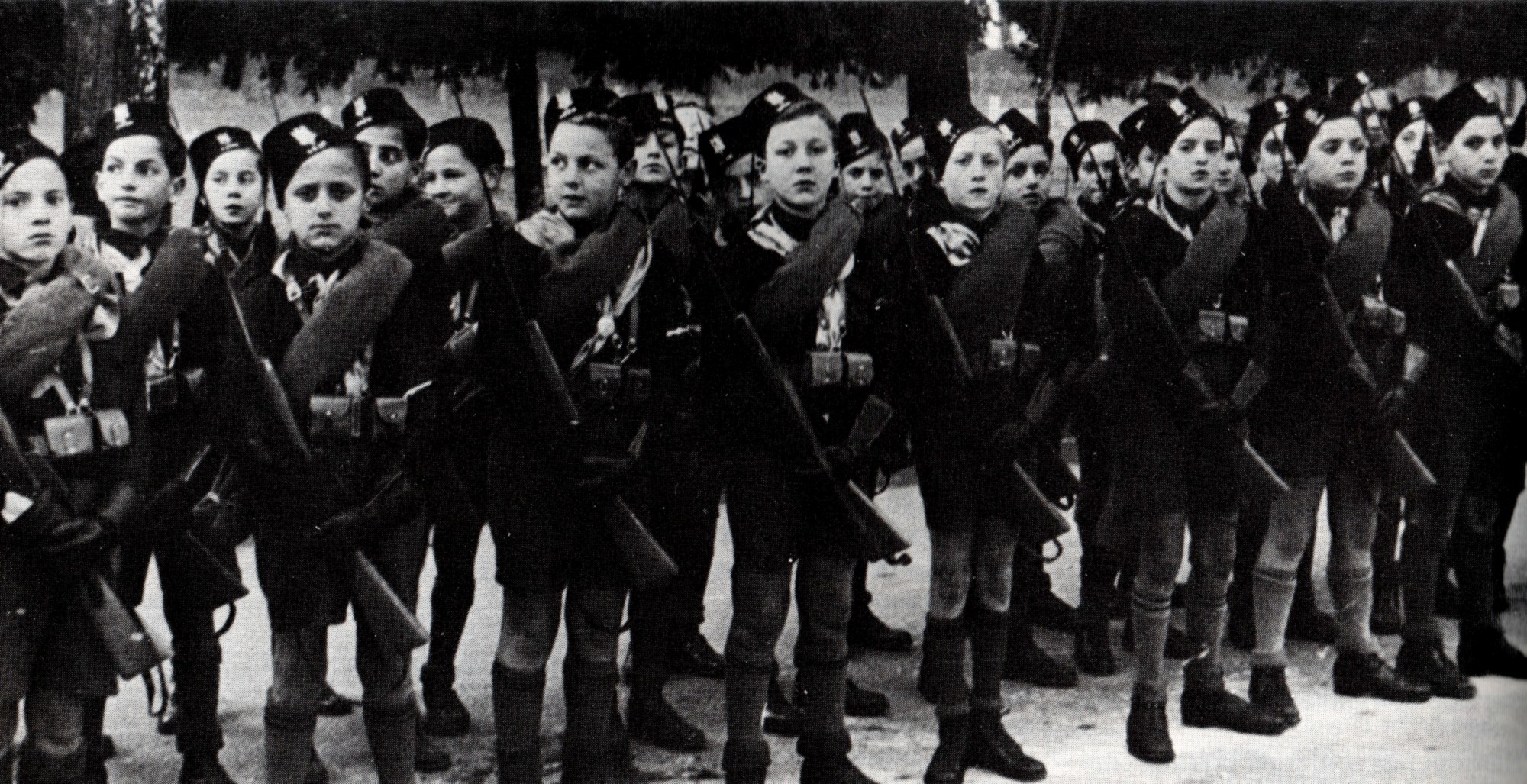Sorry for the delay, here's another chapter on the inter-war. Have one in the works on Ireland-England-France, aim to have it out today, or tommorow. Also working on a chapter on Italy and the United Opposition, uncertain s of yet which one I will post first. We'll see, I must admit I enjoy posting the inter-war chapters!
That is an interesting take. At first I thought at including the whole Balkan theater in the fall of Germany, but concluded it would derail the chapter too much. Anyway, my take on it is that it proved that the Germans did get beaten in the field, i.e in the Balkans. If it continued for a little longer it would only be a complete disaster. But indeed, Austria was too eager to go to war, and then quite rubbish. I remember I read somewhere that Austria many times mobilzid, threatened Serbia, demobilized, then next crisis it repeated itself. In 1914 the Austrians had already decided they had to go to war instead of demobilize, not only to end the Serbian "problem" once and for all, but also since mobilization cost them too much money, a short war was better as not to ruin the prestige and Austian economy. Laughs in hindsight 20/20. Another interesting note with Germany, they did many errors that led to war, but Wilhelm II. it seems actually believed that Austria would accept Serbia's reply to their ultimatum, freely translating (from German->-Norwegian->English, some might be lost in translation) from when he came to Berlin and listened to the Serbian reply, it appears he was impressed as he wrote himself: "An excellent achievement considering it revolved around a time limit on 48 hours (...) this is much more than anyone could have expected. A great moral victory for Vienna. With this any reason for war falls away. Even the one who formulated Austria's ultimatum (Musulin) said regarding the ultimatum was "the most brilliant example of diplomatic aptitude". We all know how the Austrians recieved it.
Indeed Germany was very chaotic, and in this chapter just a little bit more chaotic than OTL. We can also see it in the former states of Austria/Ottoman Empire/Russia Empire in Europe, that the situation in Europe was far from secure and stable. I also find it kinda poetic that many of the leaders described passed, or retired, away in 1935, right before game start. In a way it represent a new era and clean(-ish) sheets for these nations to forge their destiny.
This is probably the closest the stab in the back myth comes to being correct. The german miltiary absolutely could blame Austria for not only starting the war in the first place but then being so rubbish at it that they lost to Italians, having first been bailed out of being defeated by Russia.
Good chapter. Gets the chaos of the reich in the twenties very well. The rise of Hitler is relatively well know I think, but not what occurred between 1929 and 1933, that is, the years immediately before the nazis suddenly got into power.
That is an interesting take. At first I thought at including the whole Balkan theater in the fall of Germany, but concluded it would derail the chapter too much. Anyway, my take on it is that it proved that the Germans did get beaten in the field, i.e in the Balkans. If it continued for a little longer it would only be a complete disaster. But indeed, Austria was too eager to go to war, and then quite rubbish. I remember I read somewhere that Austria many times mobilzid, threatened Serbia, demobilized, then next crisis it repeated itself. In 1914 the Austrians had already decided they had to go to war instead of demobilize, not only to end the Serbian "problem" once and for all, but also since mobilization cost them too much money, a short war was better as not to ruin the prestige and Austian economy. Laughs in hindsight 20/20. Another interesting note with Germany, they did many errors that led to war, but Wilhelm II. it seems actually believed that Austria would accept Serbia's reply to their ultimatum, freely translating (from German->-Norwegian->English, some might be lost in translation) from when he came to Berlin and listened to the Serbian reply, it appears he was impressed as he wrote himself: "An excellent achievement considering it revolved around a time limit on 48 hours (...) this is much more than anyone could have expected. A great moral victory for Vienna. With this any reason for war falls away. Even the one who formulated Austria's ultimatum (Musulin) said regarding the ultimatum was "the most brilliant example of diplomatic aptitude". We all know how the Austrians recieved it.
Indeed Germany was very chaotic, and in this chapter just a little bit more chaotic than OTL. We can also see it in the former states of Austria/Ottoman Empire/Russia Empire in Europe, that the situation in Europe was far from secure and stable. I also find it kinda poetic that many of the leaders described passed, or retired, away in 1935, right before game start. In a way it represent a new era and clean(-ish) sheets for these nations to forge their destiny.
- 1


